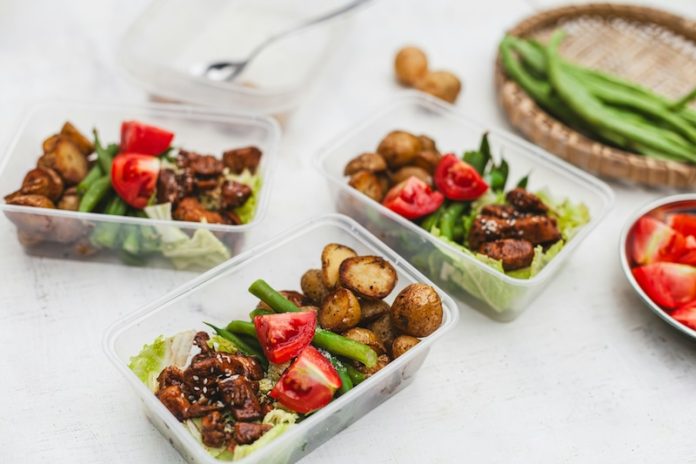
Cancer is a leading health concern for older adults, but the good news is that what you eat can play a powerful role in reducing your risk.
While no single food can guarantee protection, a healthy diet can help your body defend itself by boosting your immune system, reducing inflammation, and supporting overall health.
Research shows that certain foods and eating patterns are linked to a lower risk of cancer, making diet a key tool in cancer prevention.
As we age, our bodies become more vulnerable to chronic diseases, including cancer. One reason for this is that cell damage from free radicals and inflammation builds up over time, increasing the likelihood of mutations that can lead to cancer.
However, the antioxidants and nutrients in many foods can help counteract these effects and support your body’s natural defenses.
A plant-based diet, rich in fruits, vegetables, whole grains, and legumes, is one of the most effective ways to lower cancer risk. These foods are packed with antioxidants, vitamins, and fiber, which work together to protect cells and reduce inflammation.
For example, cruciferous vegetables like broccoli, cauliflower, and Brussels sprouts contain compounds called glucosinolates that have been shown to slow the growth of cancer cells.
A study in The Journal of Nutrition found that people who ate more cruciferous vegetables had a lower risk of cancers, especially those of the colon and stomach.
Fiber is another crucial nutrient in the fight against cancer. Found in whole grains, beans, fruits, and vegetables, fiber helps keep your digestive system healthy by promoting regular bowel movements and feeding beneficial gut bacteria.
Research published in The Lancet highlights that a high-fiber diet is associated with a reduced risk of colorectal cancer, one of the most common cancers in older adults.
Healthy fats, such as those found in nuts, seeds, avocados, and fatty fish like salmon, also play a role in cancer prevention. These fats help reduce inflammation, which is a key factor in cancer development.
Omega-3 fatty acids, in particular, have been linked to a lower risk of cancers like breast and prostate cancer, according to studies in Cancer Prevention Research.
At the same time, it’s important to limit certain foods that can increase cancer risk. Processed meats like bacon, sausages, and deli meats have been classified as carcinogens by the World Health Organization (WHO).
They contain harmful compounds formed during processing that can damage cells in the colon. Similarly, high consumption of red meat, sugary drinks, and alcohol has been linked to increased cancer risk, so moderation is key.
Eating a variety of colorful fruits and vegetables is also essential. Brightly colored foods like berries, carrots, spinach, and tomatoes are rich in antioxidants that fight free radicals and protect your DNA.
For example, tomatoes are high in lycopene, which has been shown to reduce the risk of prostate cancer in men. Citrus fruits, such as oranges and grapefruits, are loaded with vitamin C, another powerful antioxidant.
Practical tips to have a healthy diet
Fill Half Your Plate with Plants: Make fruits and vegetables the star of every meal.
Choose Whole Grains: Swap refined grains like white bread for whole grain options like quinoa or brown rice.
Limit Processed Foods: Cut back on processed meats and sugary snacks, and opt for fresh, whole foods instead.
Stay Hydrated: Drink plenty of water and green tea, which contains compounds that may reduce cancer risk.
Cook Smart: Use healthy cooking methods like steaming, baking, or grilling instead of frying.
By making small, consistent changes to your diet, you can lower your cancer risk and support your health as you age. It’s never too late to take charge of your nutrition and enjoy the benefits of a healthier, more vibrant life.
For more information about cancer, please see recent studies about the link between dairy food and certain cancers and this common food chemicals may cause cancer.
For more information about cancer, please see recent studies that plant-based diets may reduce risk of colorectal cancer in men, and Low-fat diet may help stop cancer growth.
Copyright © 2025 Knowridge Science Report. All rights reserved.



